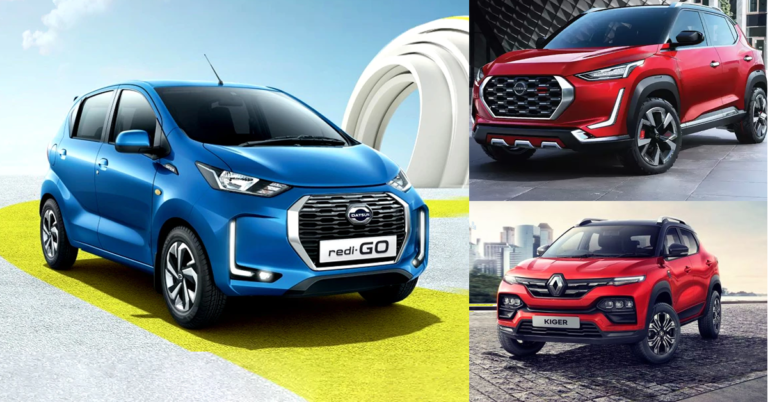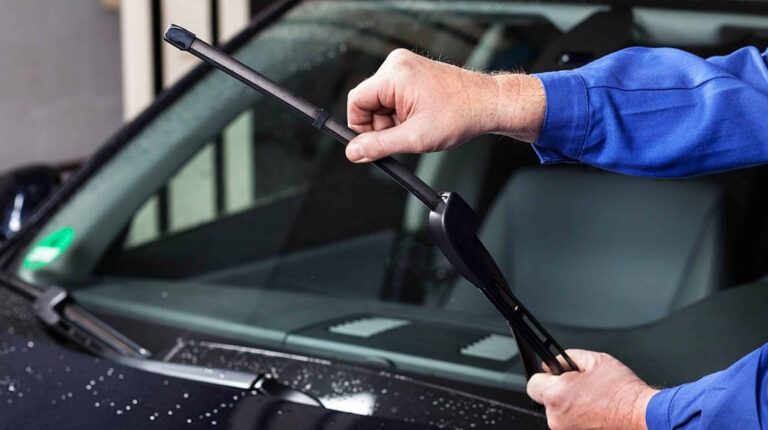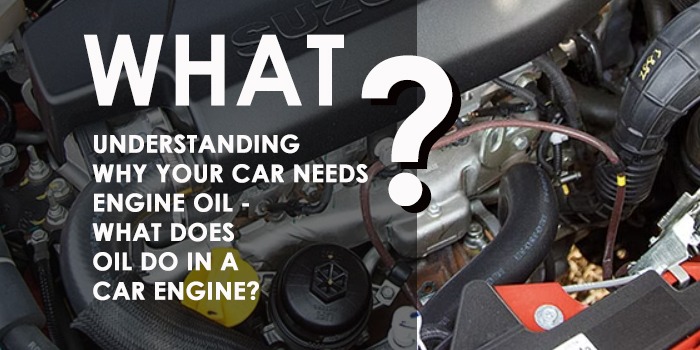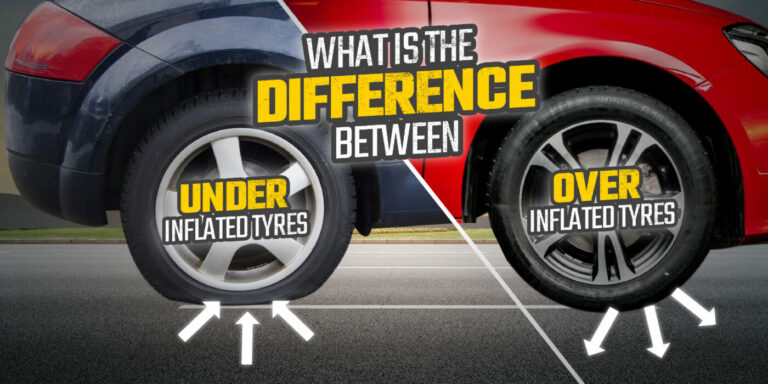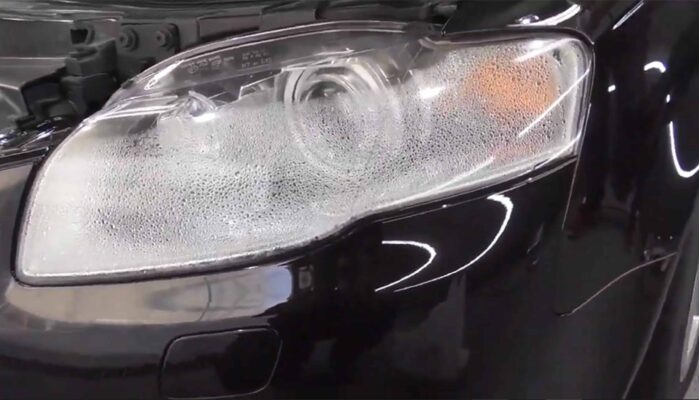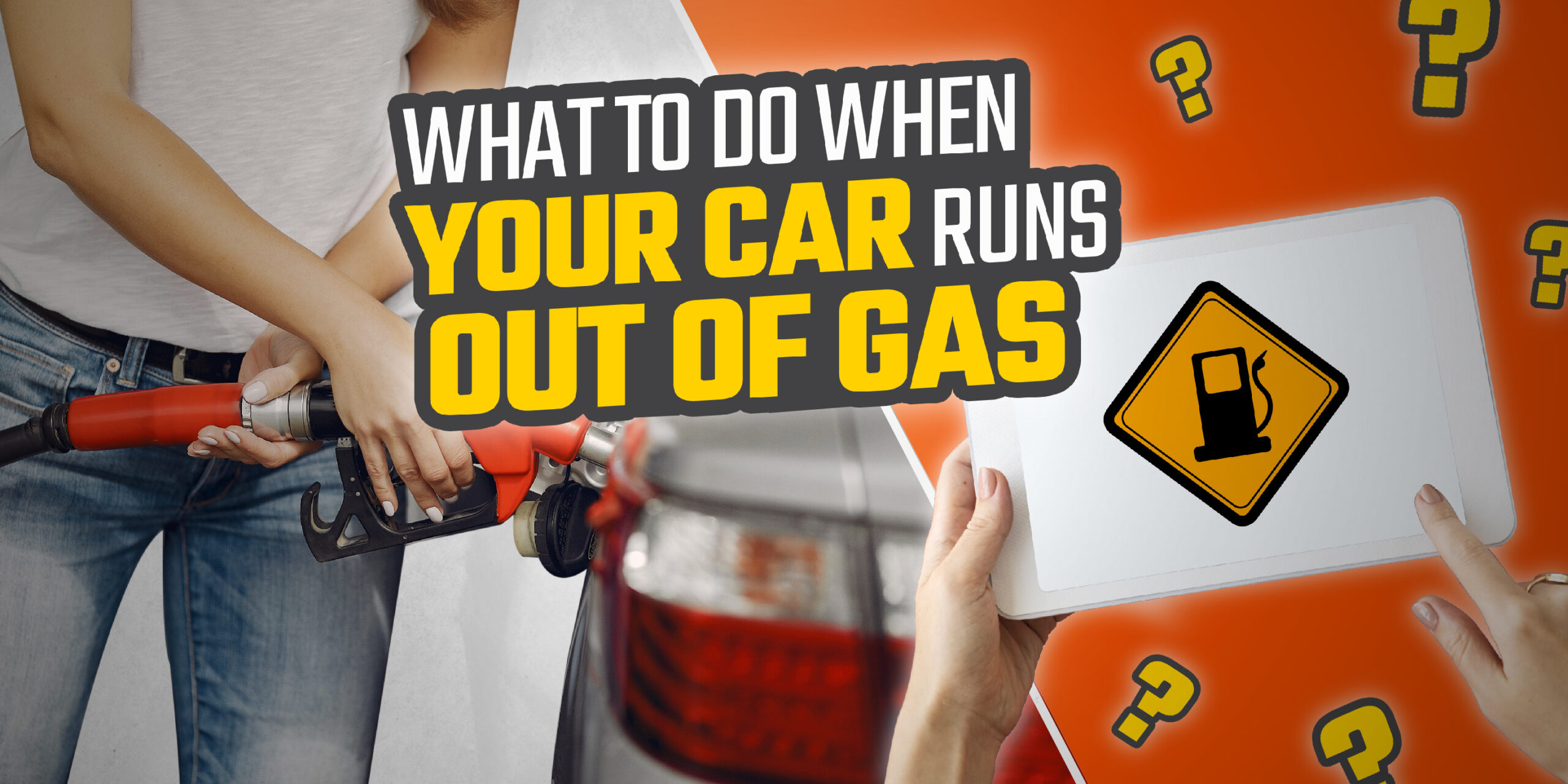
Picture this: you’re cruising down the highway, listening to some rocking tunes with the wind in your hair. Suddenly, your car starts to stall and you come to a stop with the fuel gauge showing ‘empty’. The burning question on your mind at this point must be, what to do if your car runs out of gas? Lucky for you, this blog has some nifty tricks to keep fuelling your road adventures as it explores ways to deal with that ‘oops, I ran out of fuel’ drama!
Why Should You Always Have Sufficient Fuel?
Ignoring low fuel levels on your car could obviously leave you stranded on the highway. But an empty gas tank can potentially damage your entire fuel system and engine components, leading to expensive repairs. Let’s look at more reasons why you should never run out of petrol/diesel on the road.
Safety Hazards
Roads with heavy traffic and unfamiliar lanes are not the best place to break down. If you are faced with adverse weather conditions such as rain or fog, it could make matters worse. Other drivers may not see your vehicle and it could lead to accidents. Plus, you may have to take some risks by hitching a ride to the nearest gas station.
Preventing Damage to the Fuel System
Fuel pumps, gauges and other related components rely on petrol/diesel for lubrication and optimum functioning. There could also be a great deal of dirt and debris at the bottom of your fuel tank which may get ingested into the engine and damage fuel injectors, fuel filters, valves and cylinders. This could be a costly repair job.
Ensuring a Smooth Drive
With low fuel levels, your engine may start to run roughly with reduced acceleration and maybe even engine stalls. An adequate supply of fuel lets the engine run smoothly, maintaining its performance and responsiveness.
Fuel Efficiency
It may be hard to believe, but filling up regularly can save you money in the long run. When you drive on a near-empty gas tank, the engine has to work harder which consumes more fuel. And if you run out of petrol or diesel, you will spend extra on roadside assistance and unnecessary expenses on travelling to the service centre/fuel station.
Checkout here The Different Fuel Types Used In Cars In India
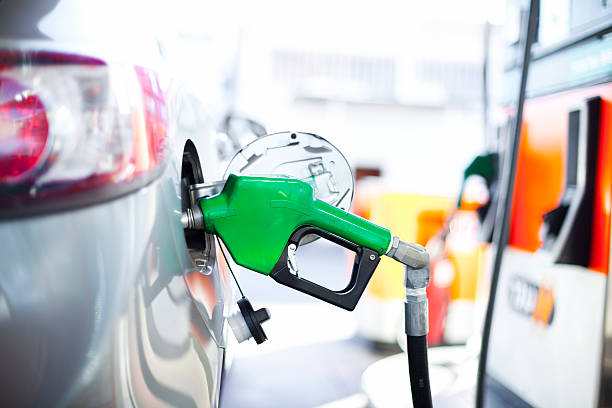
Easy Hacks: What to Do if Your Car Runs Out of Gas?
When you are running low on fuel, it’s time to take extra precautions and measures to ensure you don’t get stranded on the road.
1. Turn Your Hazard Lights on
You should indicate an emergency by turning on the hazards. Other drivers can be alerted of your presence and could offer help as well. If possible, get some help and push the car to a safer spot, away from speeding vehicles.
2. Drive in a Fuel-Efficient Manner
Think economy. Go easy on the accelerator and brakes to conserve fuel. Try to drive as smoothly as possible to get better mileage.
3. Avoid Over Speeding
Cruise at a steady speed to improve fuel efficiency and save those last millilitres of petrol or diesel.
4. Stay Away From Stop-and-Go Traffic
Excessive idling just wastes fuel. If you are stuck in a traffic jam, consider turning off your engine while you wait. When you are faced with a situation where your car runs out of gas, you can follow these tips and tricks to get back on the road without any hassles. Don’t get into a situation where you say ‘My car runs on very little fuel’.
5. Steer the Car While It’s Still Moving
As the engine switches off, engage neutral gear and steer the car to a side lane.
6. Find the Nearest Fuel Station
It’s as easy as picking up your phone and Googling ‘fuel station near me’. GPS maps will let you know how far the next petrol station can be found. You could even ask locals for directions as they could provide alternate shortcuts or other ways to get fuel.
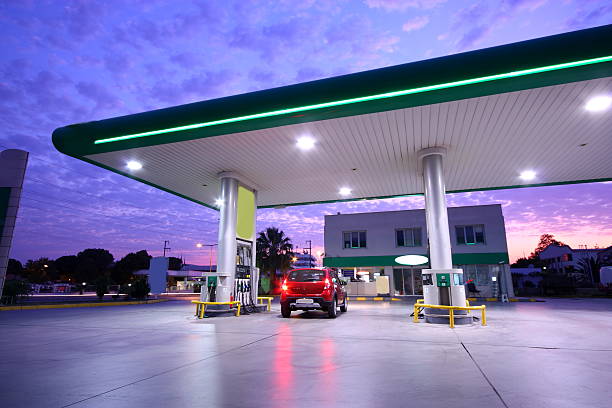
7. Call Your Service Centre or Car Dealership
Your local mechanic could be of help if your car runs out of gas unexpectedly. Service centres can handle logistics, direct you to the nearest car service provider or send help with extra fuel or a tow truck.
8. Hitch a Ride
Try to hail down a friendly motorist and ask for a lift to the nearest gas station. Many people are willing to assist in such situations. If feasible, plan to walk to a close by petrol pump. You can avoid waiting and stretch your legs as well.
9. Carry a Container of Fuel in the Trunk
Prepare for such emergencies with a spare container of fuel that you can store in the trunk. It’s perfect to get you to a fuel station where you can fill up your tank.
Also Read Fuel System Cleaning: Clean The System Quickly
Conclusion
Running out of fuel may seem like a minor hiccup, but it can turn into a major headache. Adopt a refuelling routine and check your fuel gauge before hitting the road. Hopefully, this article provided some tips and tricks and problems of running on low gas tank. Remember to respond promptly to symptoms of low fuel such as difficulty starting the engine, stalling or poor performance. And look for dashboard warning lights that may indicate it’s time to refuel (you should drive around with a half-full fuel gauge). Lastly, remember to carry your phone along with you for any emergencies. Thankfully, this blog should have armed you with the knowledge to prevent and deal with an empty tank in the future.
Explore more useful tips and tricks, essential guides and other automotive-related content on the Carorbis Blog and read also Flex Fuel Engines: Explained With Working And Benefits
Frequently Asked Questions
Q1. How To Start Your Car After Running Out Of Gas?
Ans. If you have a petrol or diesel can with you, pour it into the empty tank. The fuel system would have lost pressure when the fuel ran out, so turn the ignition to the on position for a few seconds to restore the pressure in the fuel injectors. Repeat this step a couple of times until the fuel system has been primed. Then start the engine as you normally do while holding the accelerator slightly down. This helps fuel flow through the system and can start the engine quickly. It might take a few attempts to start the engine. Avoid excessive cranking as it could drain the car battery.
Q2. Is My Car Out Of Gas, Or Dead Battery?
Ans. Check the fuel gauge. If it is near ‘E’ or empty then you probably have run out of fuel. When attempting to start the engine, if it is clicking or silent, then the car battery is most likely the problem. If the engine is turning over but not igniting and starting, then you may have a fuel-related issue. Look at the instrument cluster for the battery light. If the low battery sign is flashing when you turn the ignition on, there could be a dead battery problem. You can confirm if the battery is working by turning on the headlights. If they are dim or turn off after a few seconds, you should recharge or replace the battery. Otherwise, try adding fuel and then try cranking up the engine.
Q3. How To Tell If Car Is Out Of Gas?
Ans. The fuel gauge is the most straightforward way of to check if you are low on fuel. Most fuel gauges have marking that range from ‘F’ or Full to ‘E’ or Empty. Some modern cars have a warning light on the instrument cluster that indicates low fuel levels. Additionally, a car on low fuel will hesitate, stall or refuse to accelerate properly. If you have trouble starting the engine, it could be a sign that the fuel level is too low to support engine operation. Vehicles tend to increase fuel consumption when levels are low, so if your fuel efficiency is dropping, it may be time for a refill.
Q4. What Sound Does Car Make When Out Of Gas?
Ans. When the car runs out of fuel, it may start to sputter, hesitate or lose power while driving. When the engine doesn’t receive the required supply of fuel, the combustion process is uneven and leads to stalling. In this case, the engine may shut off when the fuel level is extremely low. If you try to start the engine again, it will crank, but not start. You might hear unusual noises from the fuel system such as a whining sound from the fuel pump or a faint buzzing as the component struggles to draw in fuel from the tank.
Q5. Who To Call When You Run Out Of Gas?
Ans. It’s a good idea to call your service station or car dealership as soon as you run out of fuel. They will be able to send help with a tank of fuel to get your car started again. If the car refuses to start after refilling fuel, you may need to contact a towing company to dispatch a truck to get your car off the road and to a service centre to fix the issue. Nowadays, there are a lot of mobile apps that offer roadside assistance in your locality based on GPS on your smartphone. Some other options would be to call friends or family to bring fuel in a can to your location.
Q6. What Happens When You Try To Start A Car With No Gas?
Ans. The engine will keep cranking without starting because there is no available fuel to ignite and start the combustion process that runs the engine. If the engine does manage to start, it may automatically switch off in a few seconds due to a lack of fuel. Modern cars have ECUs that can detect fuel levels and pressure and may flash a warning on the instrument cluster for ‘low fuel’. Repeated attempts to start the engine will cause battery drain over time. It is not advisable to start a car with no fuel, as the fuel system relies on petrol or diesel to cool and lubricate the pump and other components. Prolonged operation with no fuel can lead to increased wear and tear on the engine parts.
Q7. What Happens If You Run Out Of Gas On The Highway?
Ans. Most drivers are not aware of what to do when car runs out of gas on the road. The first thing is to stay calm and try to safely move your car off the highway while it still has some momentum. Turn your hazard lights on to warn other drivers that you are in an emergency to avoid blocking traffic. Find out the location of the nearest fuel station and call for help (roadside assistance, service station, mechanic). To avoid falling into the same situation again, keep a spare can of fuel in the trunk and store it safely.
Q8. How Do I Start My Car After Running Out Of Gas?
Ans. Once you add fuel to the empty fuel tank, give it a few minutes for the system to restore, especially if the ECU has to detect that fuel levels have returned to normal. Turn the ignition on for a few seconds and then switch off. Don’t crank the engine just yet, as the fuel pump needs to prime itself and regain fuel pressure. Try to crank the engine a few times. If it doesn’t start immediately, give it some time and try again. Once the engine starts, check if it is running properly.
Q9. What Is The Meaning Of Run Out Of Gas?
Ans. In the US, petrol or diesel is sometimes referred to as gas or gasoline. Running out of gas typically means that your vehicle has run out of fuel and your engine can no longer operate. This can be an inconvenience if you get stranded and do not have a fuel station nearby. It is recommended to keep your fuel tank adequately filled to avoid this situation.
Q10. Is My Car Just Out Of Gas?
Ans. The status of your fuel gauge can immediately tell you if your car is out of fuel. If your engine is behaving abnormally, stalls or hesitates on the road, then you should try refilling your petrol/diesel tank and check if the problem goes away.
Q11. What Are Symptoms Of Car Running Out Of Gas?
Ans. You will feel a loss of power as you accelerate, and the engine may start to cut off. The engine may refuse to start even though it cranks due to a lack of fuel supply.
Q12. Why Is My Gas Mileage Going Down So Fast?
Ans. Reasons for poor fuel efficiency include aggressive driving habits with sudden acceleration, rapid braking and high-speed driving. Incorrectly inflated tyres can lead to excessive fuel consumption while a clogged air filter could also end up consuming more fuel. Check your engine for common problems such as inadequate oil levels, insufficient coolant, worn-out spark plugs, malfunctioning oxygen sensors or incorrect engine timings. If engine performance has dropped, it may be likely that you are using more throttle to achieve the same level of speeds which can ruin fuel efficiency and lead to components wearing out. You also need to check if the clutch is in good condition and that the transmission components are working properly. Lastly, ensure that the fuel quality is good, otherwise, it may lead to problems with the fuel injectors, fuel pump, etc.
